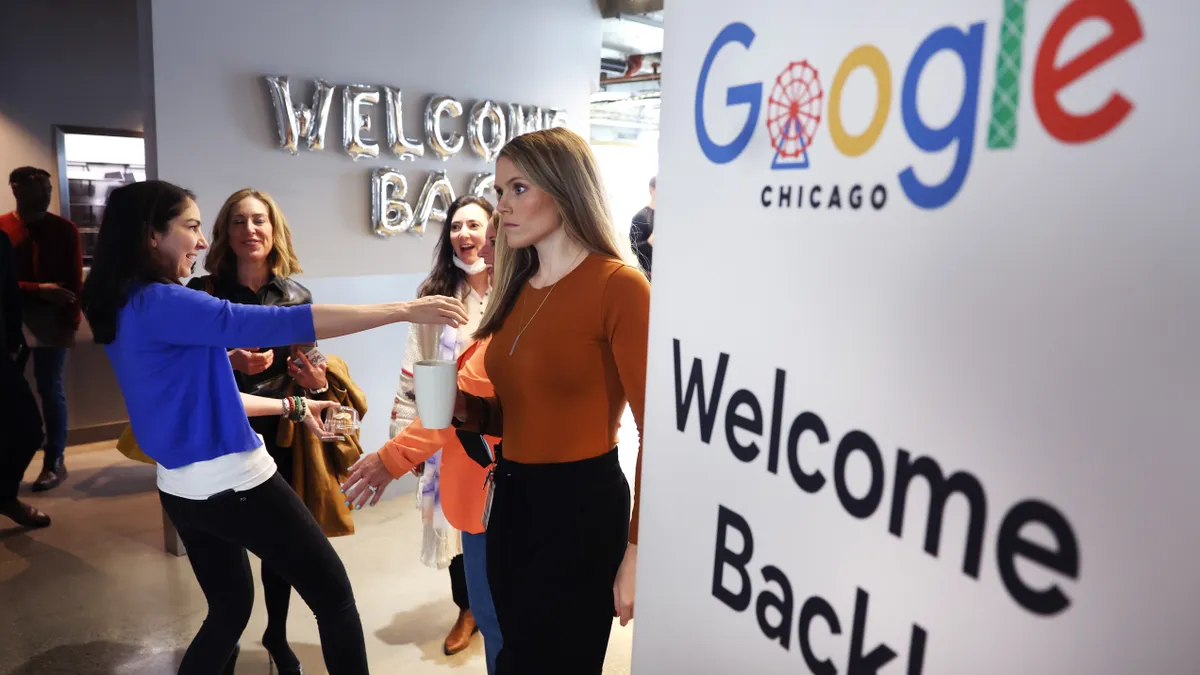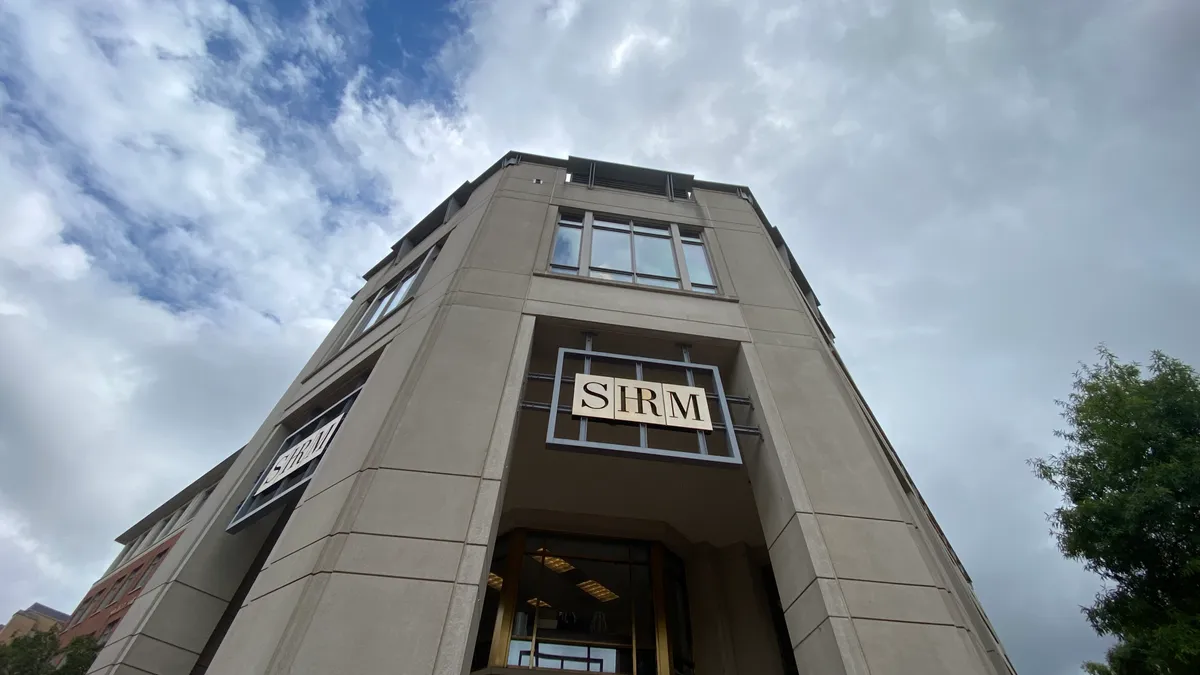Dive Brief:
- Although the market is showing low levels of unemployment, underemployment continues to be a problem for many recent college graduates. Research by Burning Glass Technologies suggests that 43% of new grads are underemployed in their first job post-college, but the rates can go up or down depending on major. In some categories, like engineering, it can be as low as 29%; in others, like culinary/personal services, as high as 80%.
- For those graduates who start off their career underemployed, the trend seems to worsen. Two-thirds of underemployed workers will still be underemployed at the five-year mark; 75% will be without college-level work at the 10-year mark.
- The data suggests that skill-building opportunities, such as relevant work experience and internships, can be beneficial. Acquisition of some workplace skills can add up to 20% to a grad’s earnings. Choosing an in-demand major is also a significant factor.
Dive Insight:
To gain the valuable experience they need, many students look to internship programs for a foot in the corporate door. internship demand this year surpassed at least 2016 levels, Indeed data shows; an announcement from the U.S. Department of Labor in January, noting that it was dropping its six-factor test for unpaid interns, may have helped spark the increase. On top of that, employee development has emerged as a serious employer benefit offering. Underemployed workers, in particular, could be a keen source of talent and one easily attracted by the potential to learn and grow.
Challenges to find workers in today’s tight market have impacted how businesses look at the college degree conundrum, anyway. More are willing to look at experience rather than GPA when considering the assets a new hire brings to the table.
Workers who are underemployed often find they need to work more than one job to make ends meet, requiring them to juggle schedules and impacting their ability to be productive at either job. Prospects for new graduates appear to be improving, but disparities in pay continue to vex those entering the job market. A recent estimate put the underemployment rate for new grads at 11.1% — much higher than the current unemployment rate for their age group and the national average.













